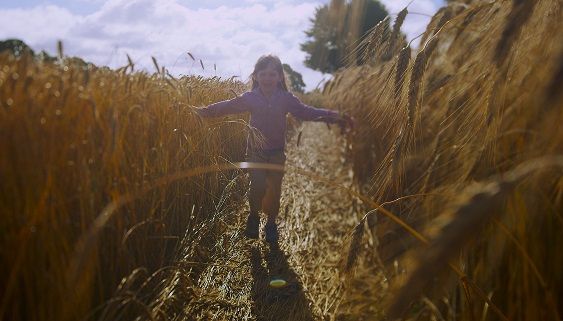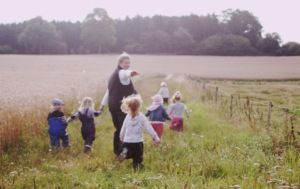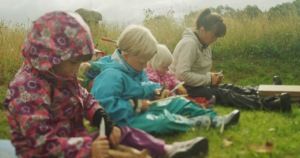There is a dangerous beast on the prowl, ready to prey on your children. But it does not live in the forest as some TV shows would have you believe.
It is alive and well, a menace in the hallways and classrooms of US schools in the form of hyper academic achievement and high test scores, no matter what the cost to the child’s well being.
It’s fair to say that when it comes to balancing the needs of their children with their own safety concerns, some parents clearly can’t see the forest for the trees.
Film screenings and discussions
Addressing this issue, and the difference between countries like Denmark, with its strong embrace of outdoor kindergartens, and others in which children are effectively locked up all day long, is the new award-winning documentary ‘NaturePlay – Take Childhood Back’.
The film – which contains both English and Danish and has English subtitles – is making its Danish premiere at Cinemateket on February 17 (event begins at 15:45), after which there will be a presentation by Professor Peter Bozs Bentsen, an expert on outdoor play, and a Q&A.
While that discussion will take place in Danish, nine days later on February 26 (19:15) the documentary makers – co-directors and husband and wife Daniel and Aimie Stilling – will deliver a talk in English and then welcome questions afterwards.
Among those present will be American expat Claudia McLean, a former International School of Hellerup teacher with plans to establish the first international forest kindergarten in Denmark.
With 23 years of experience teaching at international schools in Denmark, McLean will be basing her new school on Danish forest kindergartens, offering international families the option for the first time.
A land of empty playgrounds
The film itself, which is narrated by the actor Matt Damon – who worked with the director on the 2015 film ‘The Martian’ – explores how US schools are obsessed with hyper testing, resulting in stressed-out pupils and empty playgrounds.
By way of contrast, in the Nordics the film discovers a Narnia-like portal to a world of play, where creativity is thriving.

















